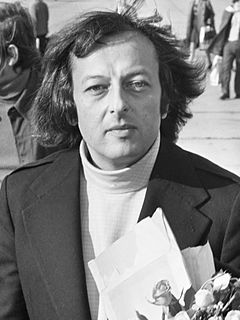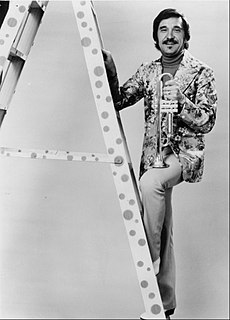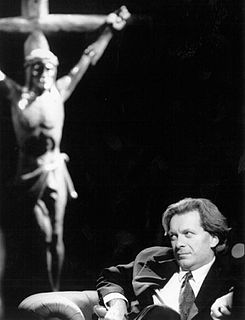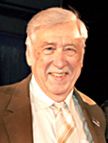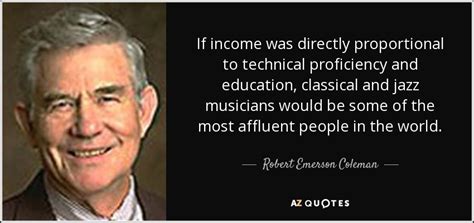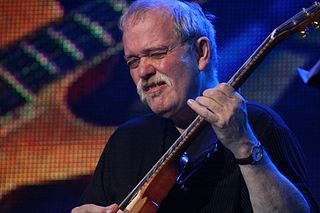A Quote by Andre Previn
I found that jazz musicians, possibly more than their classical counterparts, wear long-standing friendships easily and gracefully.
Related Quotes
For me, let's keep jazz as folk music. Let's not make jazz classical music. Let's keep it as street music, as people's everyday-life music. Let's see jazz musicians continue to use the materials, the tools, the spirit of the actual time that they're living in, as what they build their lives as musicians around.
I visited New York in '63, intending to move there, but I noticed that what I valued about jazz was being discarded. I ran into `out-to-lunch' free jazz, and the notion that groove was old-fashioned. All around the United States, I could see jazz becoming linear, a horn-player's world. It made me realize that we were not jazz musicians; we were territory musicians in love with all forms of African-American music. All of the musicians I loved were territory musicians, deeply into blues and gospel as well as jazz.
The average age of the Jazz audience is increasing rapidly. Rapidly enough to suggest that there is no replacement among young people. Young people aren't starting to listen to Jazz and carrying it along in their lives with them. Jazz is becoming more like Classical music in terms of its relationship to the audience. And just a Classical music is grappling with the problem of audience development, so is Jazz grappling with this problem. I believe, deeply that Jazz is still a very vital music that has much to say to ordinary people. But it has to be systematic about getting out the message.
